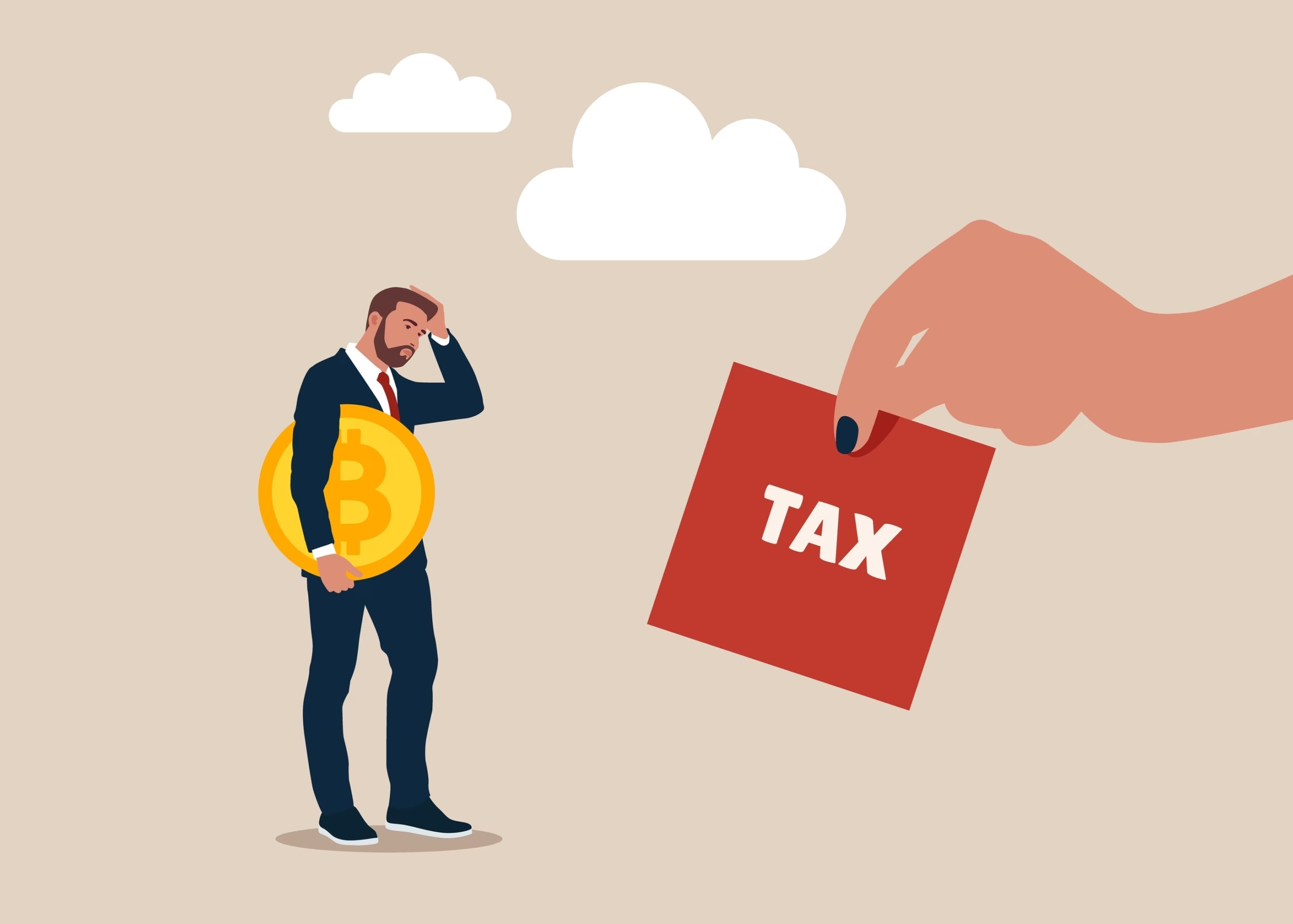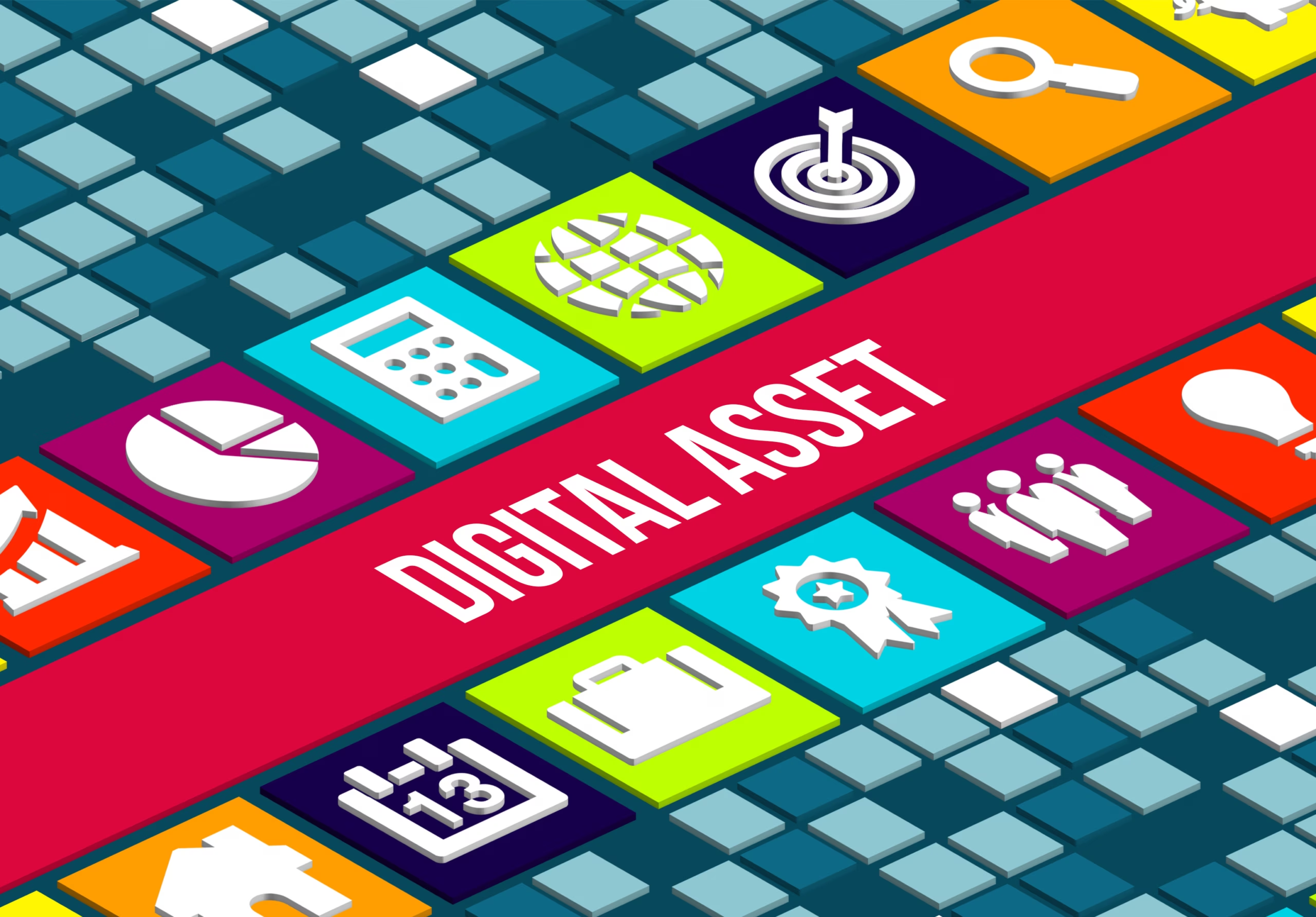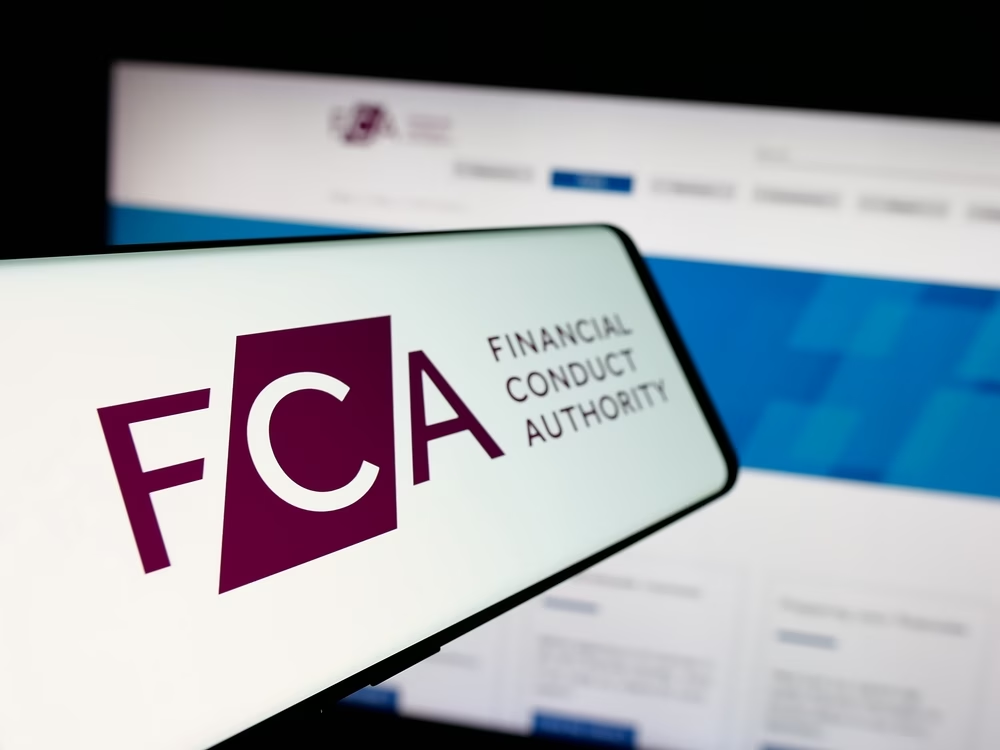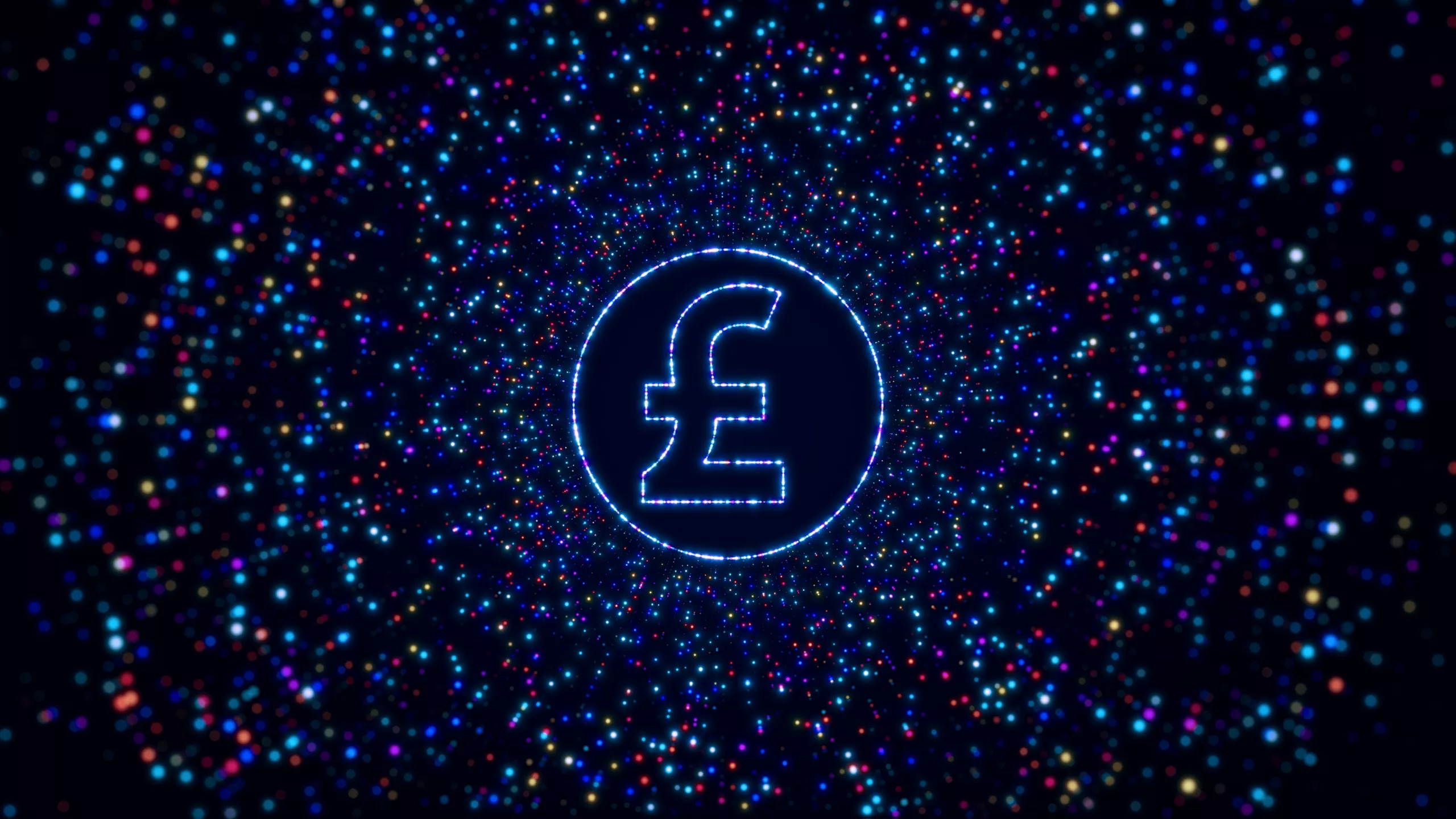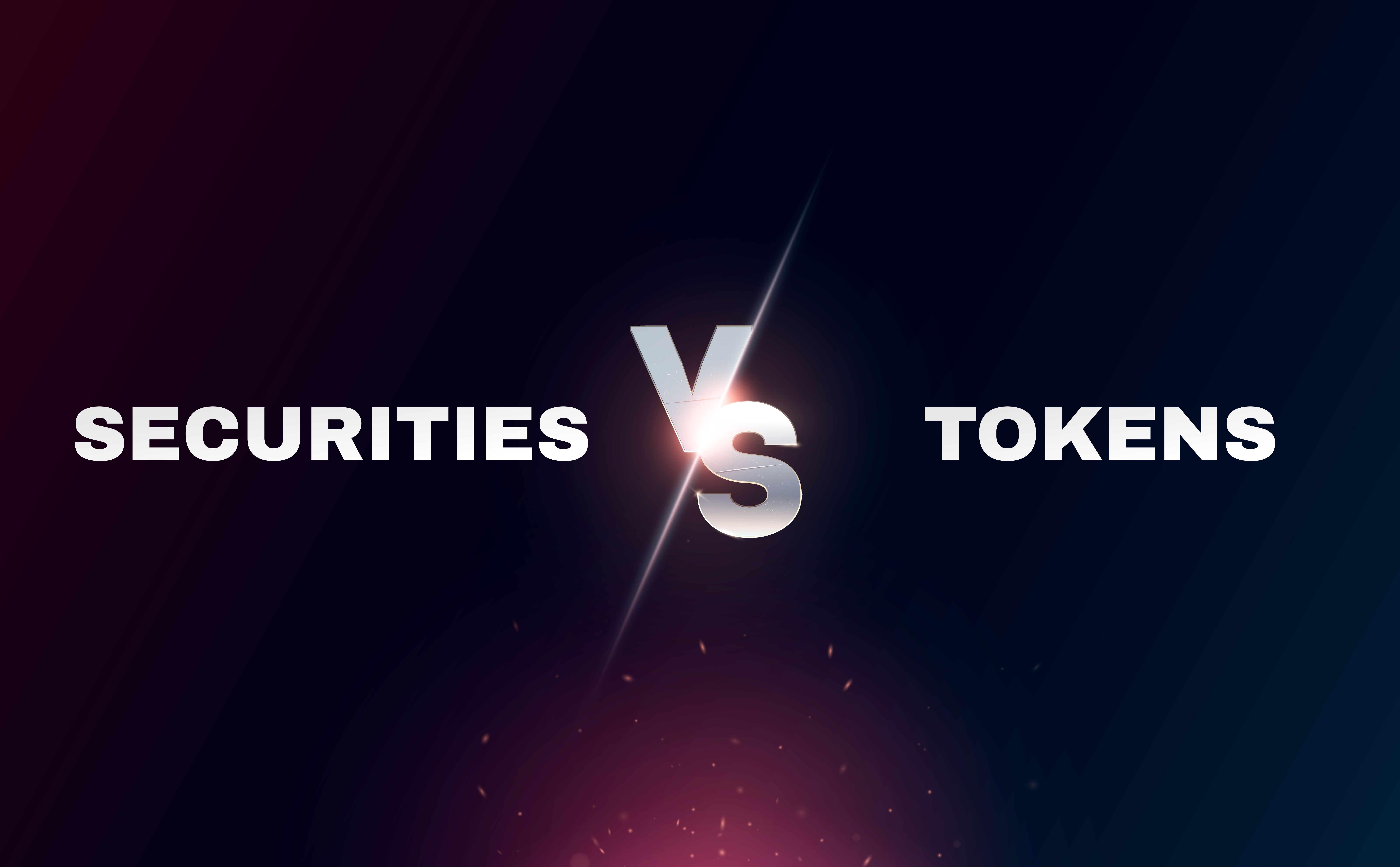
The UK’s financial sector is embracing the innovative world of digital assets, but with this new frontier comes the challenge of regulatory clarity. One key area of confusion lies in the distinction between securities and tokens, particularly in the context of the Financial Services and Markets Act 2000 (Regulated Activities) Order (RAO). Understanding these differences is crucial for both issuers and investors navigating this evolving landscape.
Securities: The Traditional Cornerstones
Securities, as defined by the RAO, represent traditional financial instruments like shares, bonds, and derivatives. They come with well-established legal frameworks and investor protections. Owning a security grants you specific rights, such as:
- Ownership: Shares represent ownership in a company, entitling you to voting rights and potential dividends.
- Debt Obligation: Bonds represent loans to an issuer, guaranteeing repayment of principal and interest.
- Derivatives: Contracts derived from underlying assets, offering exposure to price movements or hedging risks.
These rights and obligations fall under the purview of the Financial Conduct Authority (FCA), ensuring investor protection and market stability.
Tokens: The New Kids on the Block
Tokens, on the other hand, are digital units of value residing on blockchains. While their applications are diverse, their legal status under the RAO can be ambiguous. Here’s the breakdown:
- Security Tokens: These tokens grant rights and obligations similar to traditional securities, blurring the lines. For example, a token representing ownership in a company with voting rights would likely be classified as a security.
- Utility Tokens: These tokens provide access to a product or service within a specific ecosystem, but don’t represent ownership or financial rights. Think of them like tokens for unlocking premium features in a game.
- Exchange Tokens: These tokens function as mediums of exchange on cryptocurrency exchanges, but don’t inherently grant rights or access to anything specific.
The RAO and the Token Conundrum
The RAO doesn’t explicitly mention tokens, creating uncertainty for activities involving them. The FCA, however, provides guidance through statements and consultations. Here’s the gist:
- Security tokens fall under the RAO if they meet the definition of a “specified investment,” triggering regulations similar to traditional securities.
- Utility and exchange tokens are generally not regulated by the RAO, unless they exhibit characteristics of securities.
Examples of Securities vs Tokens
Shares in a group = governance, corporate roles, shareholder rights, dividends.
Tokens in a group = no ownership in group.
—–
Loans, bonds, debentures in a group = duties to repay.
Tokens in a group = potential rewards; contract for payment of the supply of goods or services.
—–
Public securities or government = warrants, government bonds.
Token projects group = Unlikely to be public or pertaining to a country’s governance (unless you are in El Salvador).
—–
Collective investment schemes = right to profit; managed, assets and/or collateral are pooled.
Tokens in a group = no rights to distributions, no redemption rights; day-to-day control.
—–
Islamic finance in a group = no interest payments but creates rights to distributions.
Tokens in an Islamic project = not interest based.
—–
These examples are not exhaustive and an independent legal opinion from a UK based law firm familiar with this new asset class is recommended.
The Grey Areas and the Road Ahead
Despite the guidance, grey areas remain. Classifying tokens can be complex, requiring careful analysis of their specific rights and features. Regulatory frameworks are also evolving to accommodate this new asset class. The FCA, for instance, is exploring a bespoke regulatory regime for cryptoassets.
For issuers:
- Conduct thorough legal assessments to determine if your token qualifies as a security under the RAO.
- Seek regulatory guidance to ensure compliance and avoid potential sanctions.
For investors:
- Understand the rights and obligations associated with different tokens before investing.
- Be cautious of unregulated tokens, as they offer fewer investor protections.
The future of token regulation in the UK is dynamic. Staying informed about developments and seeking professional advice are crucial for navigating this uncharted territory. Remember, the key lies in understanding the underlying rights and obligations associated with tokens, not just the label itself.
Obtaining a legal opinion based on UK laws specific to a project should be obtained should a group of founders wish to raise funds or promote their projects in the UK. Indeed, these days regulated exchanges make obtaining an independent legal opinion a requirement for any listing.

Table of content
Recent Posts
Cryptoasset Tax Changes From January 2026
The world of cryptoassets is in a constant state [...]
UK Housing Market – 2025 Update
Buying your first home in the UK is not a [...]
Can You Put Digital Assets In A Trust? – How To Protect Your Digital Estate
In an era where our lives are increasingly played out [...]

